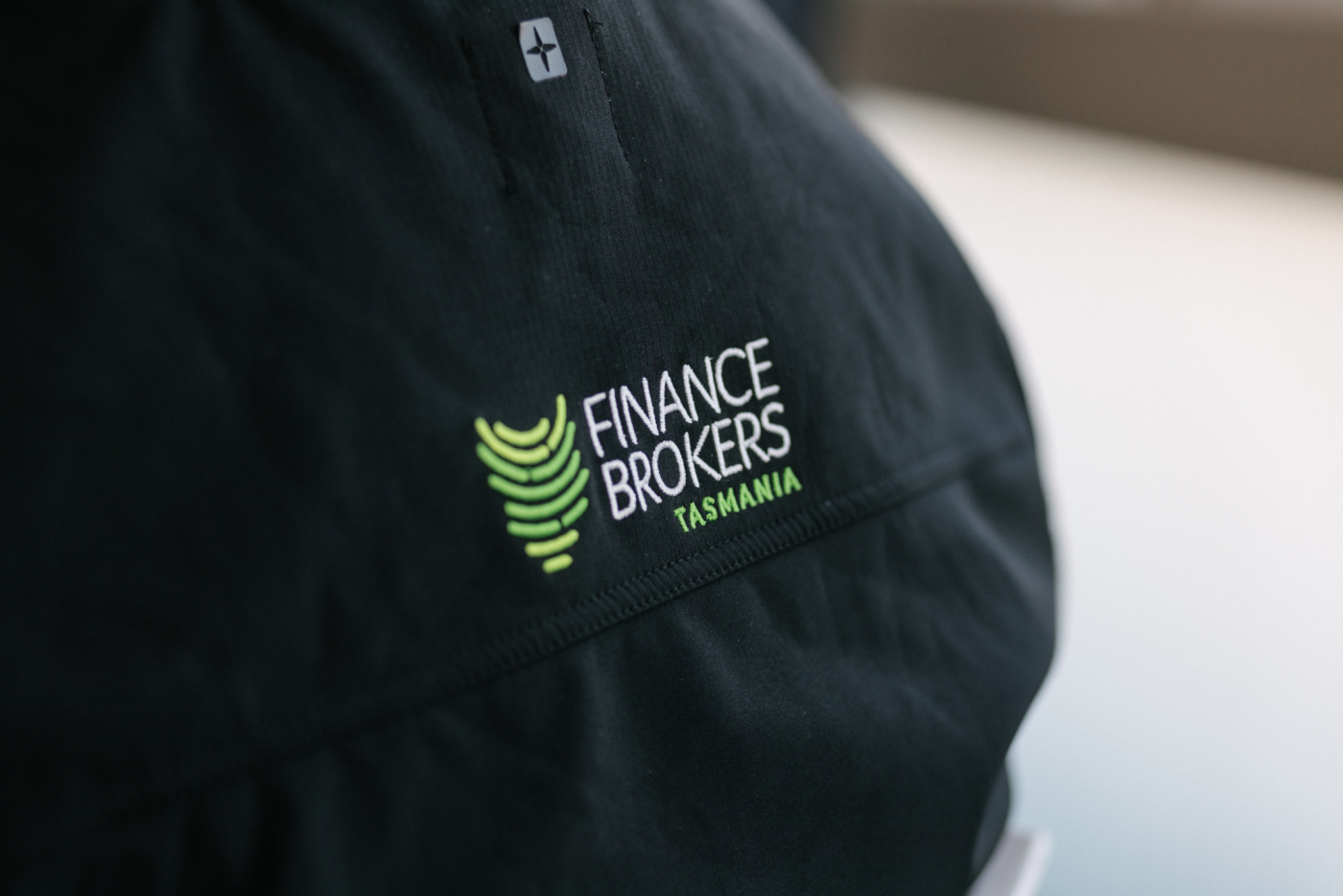When applying for a loan, you’ll hear terms such as “borrowing power”, “borrowing capacity”, and “assessment rate”. But how do they relate? What do they mean? We’ll break it down for you in a simple equation.
The loan process equation:
Your current financial situation + assessment rate = Borrowing power
Borrowing power > loan amount = Loan approval!
Simply put, when you apply for a loan – the lender will use an assessment rate of your current financial situation to determine your borrowing power.
The lender will decide whether to approve your loan based on their findings in this process.
What’s my financial situation?
Your financial situation is assessed the following criteria:
- Your current income
- The number of dependants within your household and your marital status
- Your monthly general living expenses
- Your existing loans and credit cards – the current balance/limit, and the minimum monthly repayment amount
What’s an assessment rate?
The assessment rate is the level of risk that a lender is willing to assume if they provide you with a loan.
The lender will consider the amount you want to borrow and assess whether you can realistically achieve that in your current circumstances.
What is borrowing power?
Borrowing power, or borrowing capacity, is the amount of money that a lender will allow you to borrow. This is based on your current financial situation and the lender’s assessment rate.
What about business loans?
The same principle applies. The lender will assess your current financial situation and assessment rate to determine your borrowing power.
For business loans, lenders will determine your financial situation by assessing criteria such as:
- Your business annual net profit before tax
- Interest paid on existing loans, leasing costs (such as vehicles and equipment), depreciation, personal wages paid to all owners, voluntary superannuation contributed
- Income from other sources (e.g. PAYG)
- Tax paid on total available annual income
- Your existing business loans, credit cards, lease repayments, existing personal living expenses for all business owners, and combined personal living expenses for all business owners
You’ll also be expected to supply plans, specifications, council approvals and fixed price building contracts.
Where do finance brokers come into this equation?
Different lenders have different assessment rates, so some are more willing to take on more risk for a loan than others.
Finance brokers are helpful in this process, as we act as your liaison between lenders and you. With our vast experience in finance and established connections, we can help you find a lender who is favourable to your situation.
So, let’s rewrite this equation for you:
Finance Brokers Tasmania = Loan approval!*
Chat to us today!
*Not guaranteed.





